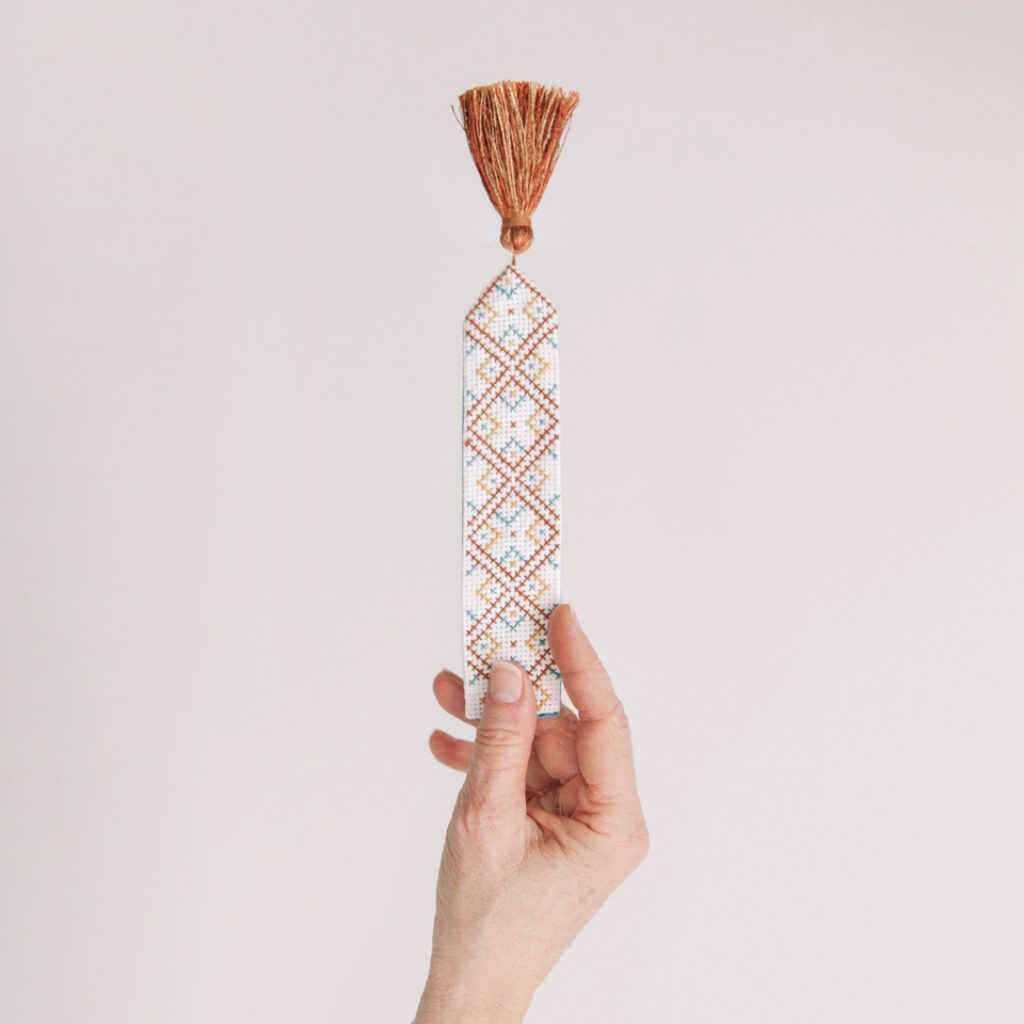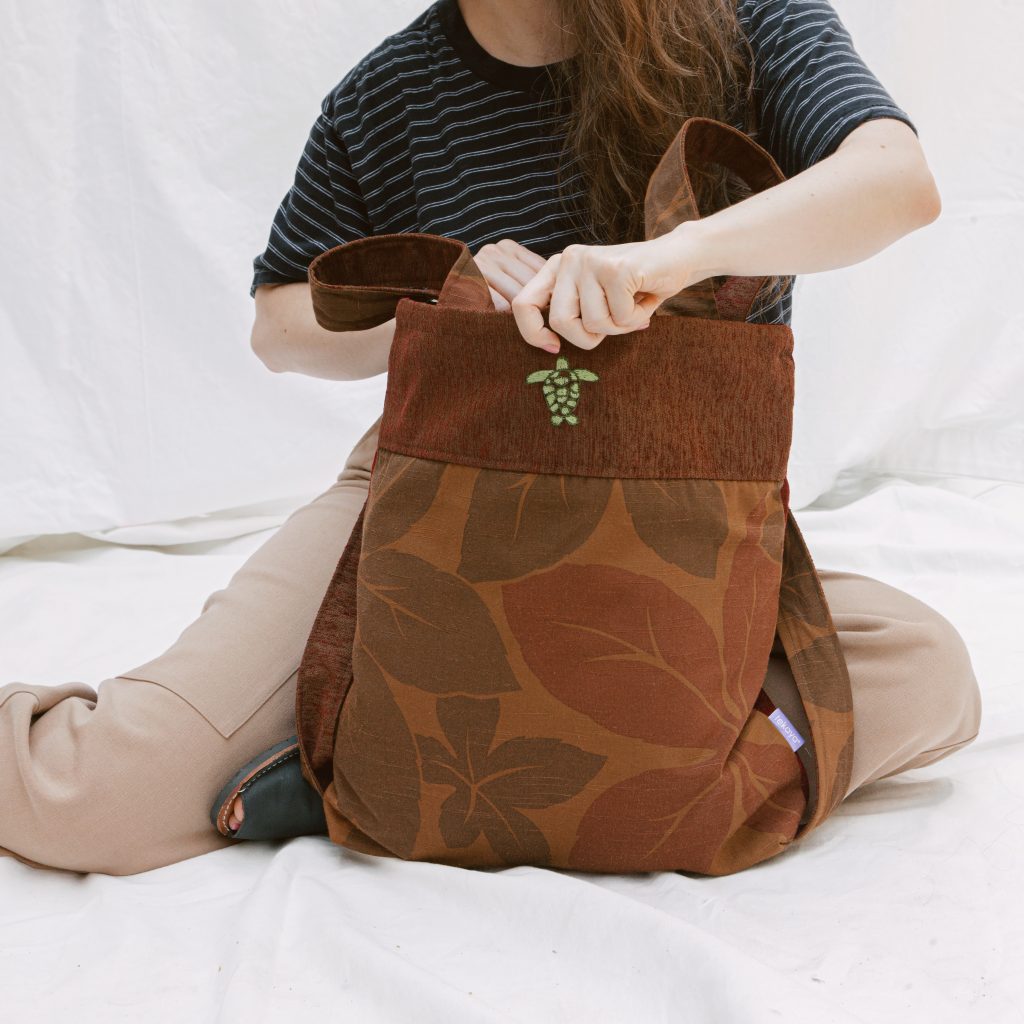The artistic talents that exist in every part of the MENA region are incredible. From intricate rugs to handmade handicrafts, the region is known to hold its own when it comes to the arts. To honor this legacy, Syrian-Canadian Dana Kandalaft created the non-profit organization known as Tight Knit Syria to continue the intergenerational traditional skill sets like embroidery, crocheting and knitting. Since 2013, Tight Knit Syria has worked with displaced Syrian artisans to connect their work to international markets. In only a few short years, Dana has helped women who have fled war to bring their talent to life and has gone from being a non-profit that donated yarn to a fully established e-commerce marketplace. Dana knows that empowering women is the key to empowering communities and we wanted to learn more about the philanthropic work that is changing lives one stitch at a time.
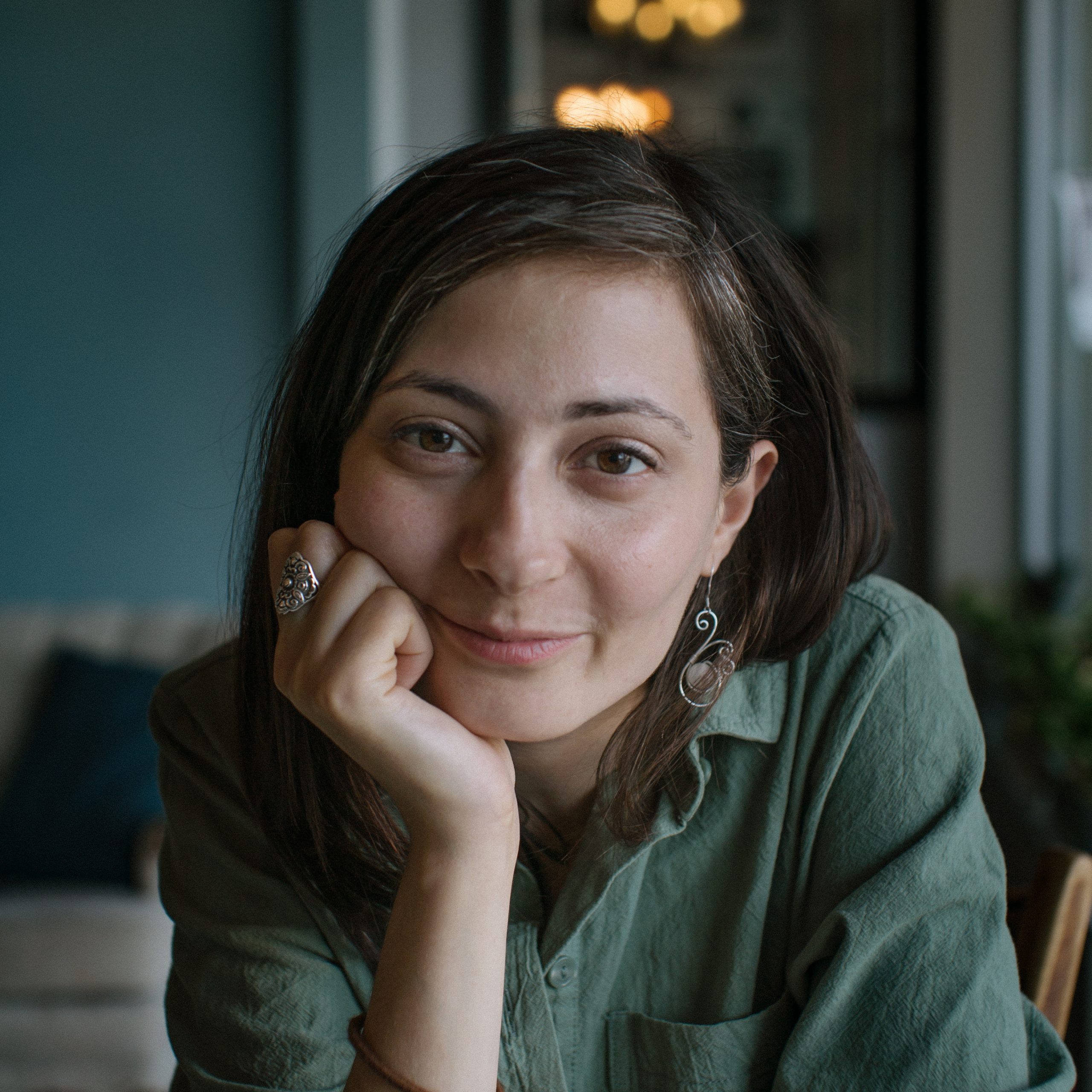
-Dana Kandalaft

Tight Knit Syria began after your trip to an internally displaced persons’ camp (IDP) in Northern Syria. How has being part of the Syrian diaspora shaped you as a person and entrepreneur?
My visit to an IDP camp in Northern Syria was a transformative experience for me as it changed my perspective on myself and the world around me. It led me to see entrepreneurship as not only a way to do business or run an organization but as a way to serve communities, serve people and the environment. It shaped me as a person, as well, because it gave me a broader perspective on what is considered home, and how that pertains to the story of a refugee. For them, navigating around the world looks much different than it does for me. The lines are drawn very clearly and differently between us. By being part of a shared project with women displaced from their homes, I’m stepping out of my own lines and growing as a person, and more importantly, learning from these women. We all have visions of a better world – for ourselves, our families, our communities and for others. As an entrepreneur, you can manifest that vision into something tangible, something that everyone around you can now see as well and jump on board with.
Your organization is not a traditional charity. How does Tight Knit Syria provide a new model for giving?
Our model is not so much a model for giving as it is a model for creating. The women we work with are, of course, the beneficiaries of Tight Knit Syria’s mission but they are also the leaders of this mission who are stepping out of their own comfort zones to collaborate with and trust a team of young people spread across the world. Tight Knit Syria is always built ground-up with a member of the community we’re working with. By building an NFP, we create a bridge between women in marginalized communities and local communities and everyone around the world. These bridges are economic when we connect customers and clients, and they are also social when we collaborate with volunteers, other NFPs and community leaders.
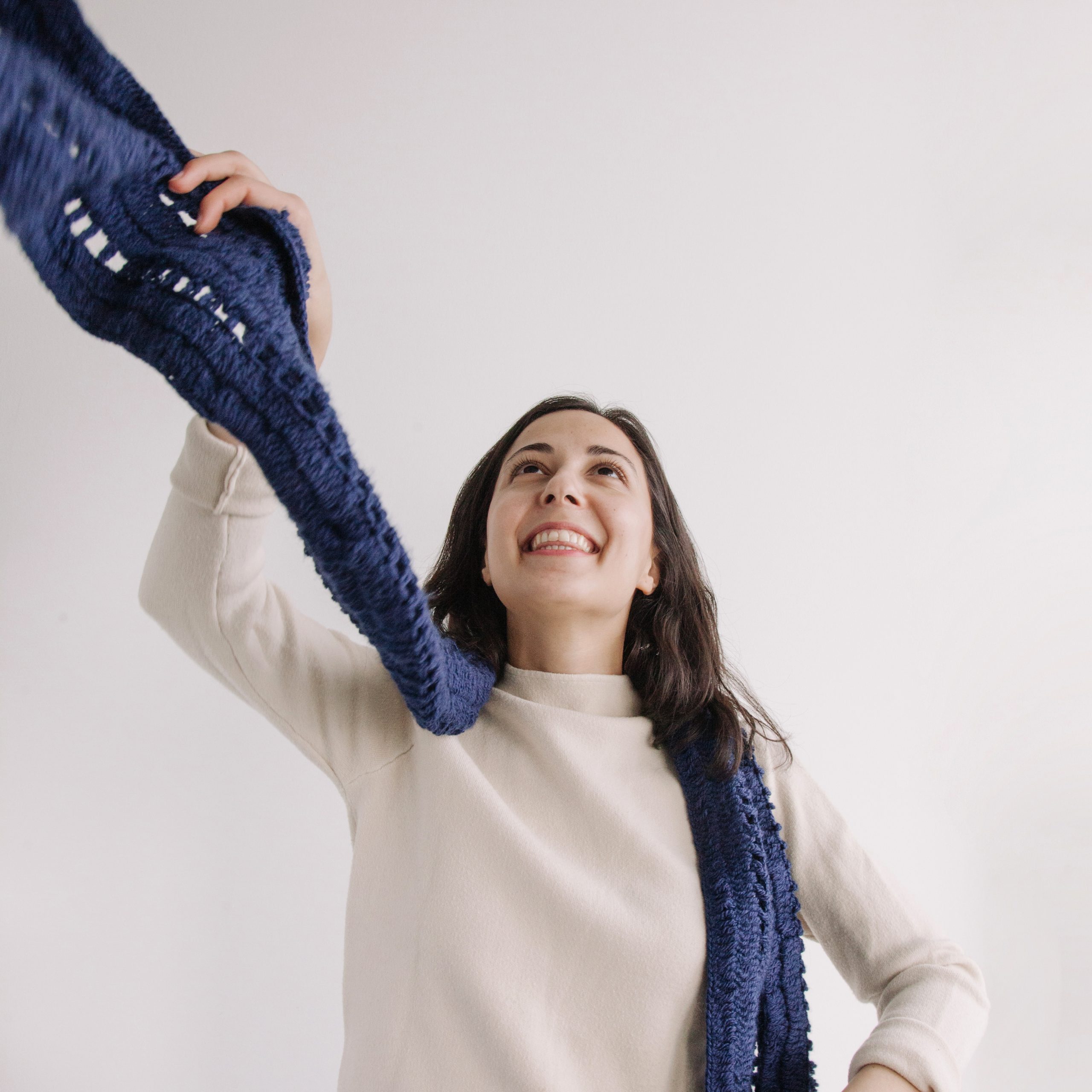
What is the greatest lesson you’ve learned so far as an entrepreneur?
The stamina needed to overcome challenges and keep going comes from you as an entrepreneur, while the fuel needed to energize the organization comes from the network around you. In the case of Tight Knit Syria, the real magic comes from the incredible artisans, clients, donors, volunteers, employees, partners, friends and family who take a chance on your vision. Build your network and keep them close.
We think that Tight Knit Syria is a feminist NGO, would you agree with that statement?
Yes, I agree with the statement. Women need to have equal decision-making power in their households and their society. Nothing tests this notion better than the experience of a refugee family that literally needs to find ways to survive on a daily basis. What feminism means to me is people having the freedom to choose their role in life, even if that challenges traditional gender roles. Tight Knit Syria is helping push these ‘traditional’ domestic skills into economic frontiers, where women can earn an income from them, expand their knowledge and networks and participate equally in the society, inside and outside of their refugee camp.
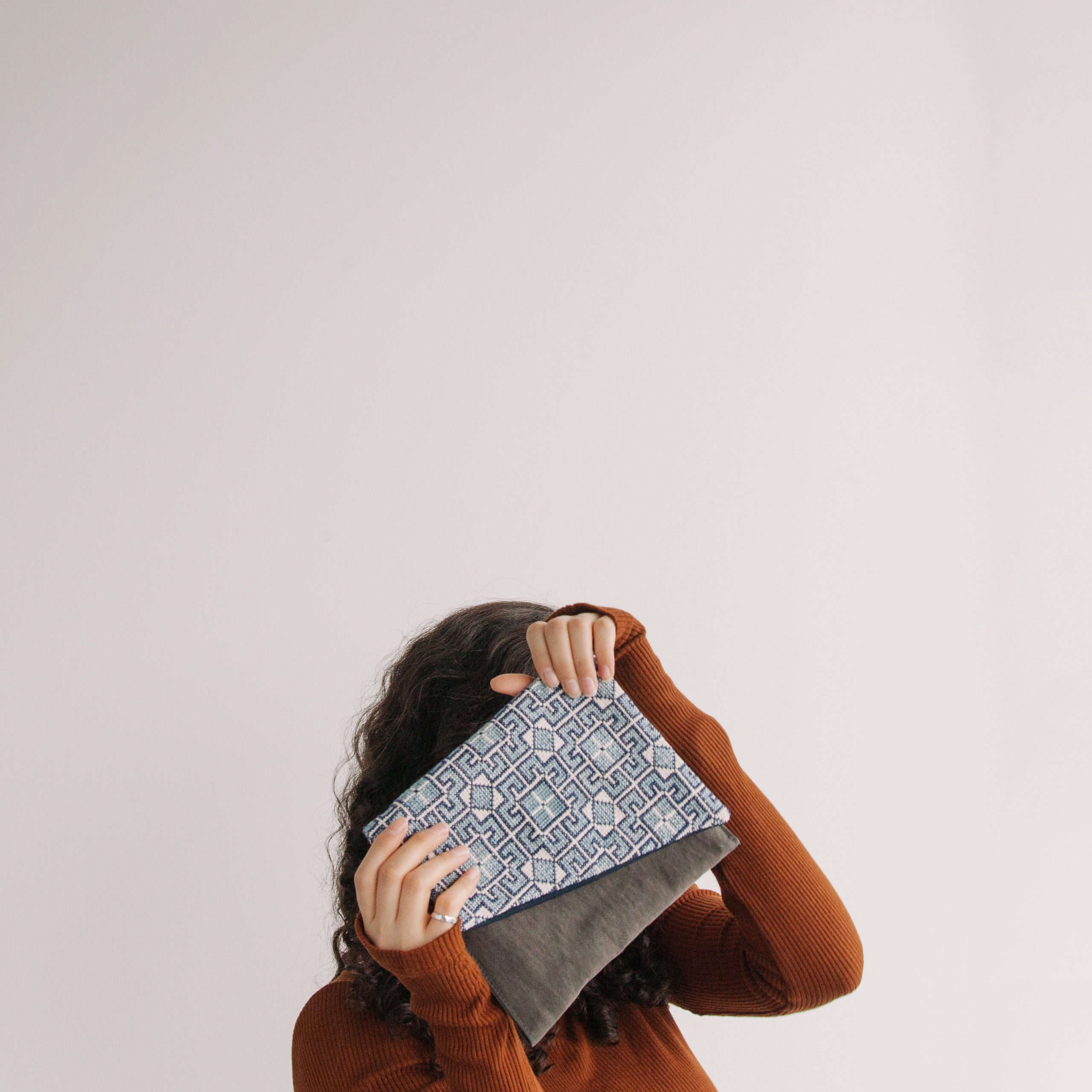
Do you think that fashion and philanthropy naturally intersect?
I think fashion and philanthropy intersect positively but not necessarily naturally. Fast fashion has created a global system that depends on exploiting people and the environment. I believe fashion should only have ever intersected with human talent, dignity and expression in the first place. Of course, this is not the world we currently live in. Fashion does provide a lot of exciting opportunities for philanthropy because it connects people not only in practical ways but also in emotional ways through storytelling, expression, art and culture. As I see it, in this light, philanthropy in fashion is only a stepping stone towards systematic economic rights for refugees and garment workers exploited by the fast fashion industry.
What has been your proudest moment to date?
In 2015, I met a woman named Malak one day visiting Shatila refugee camp for the first time. Together, with a volunteer named Alex, we founded the second collective of artisans from bottom-up. Without Malak, this could have been impossible. She became our master artisan and fearless leader until her last day in Lebanon. In 2019, incredible news came that she was accepted into Canada’s resettlement program. Her family has been in Canada – living two hours away from me – since September building their new life. As exciting as this moment was, she was leaving behind very big shoes to fill. However, through ongoing mentorship and teamwork, one of the artisans named Johayna was promoted as the new master artisan and has been doing an incredible job, pushing TKS into a new phase of leadership and growth.
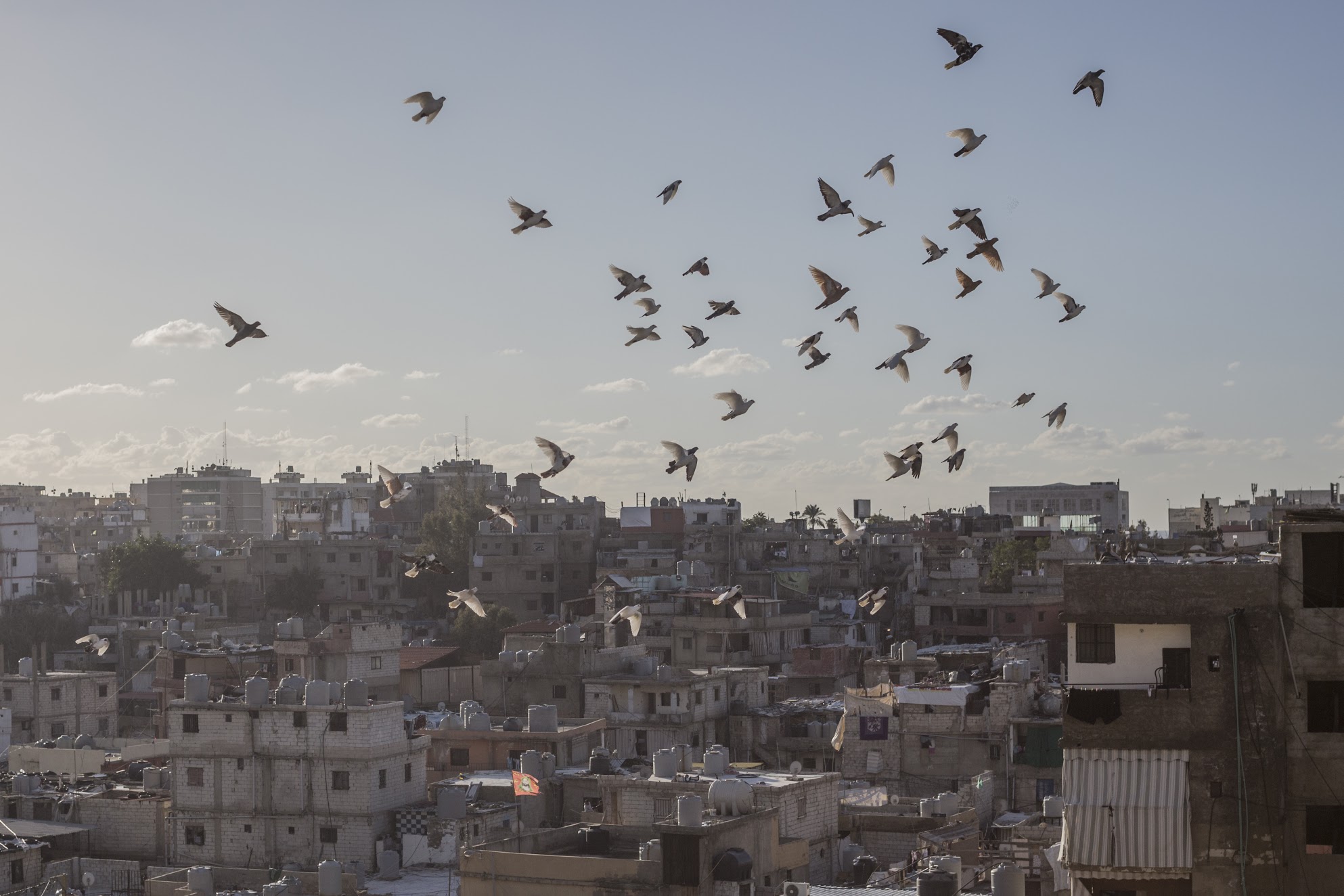
What does the future hold for Tight Knit Syria?
In 2018, TKS fundraised and launched an educational program for the artisans for the collective in Lebanon. Proceeds from our bookmark sales go to support it now. We are excited that it is moving forward successfully and the women in the collective are learning computer literacy skills. We are receiving great feedback from them and their teacher and want to continue expanding on the program. With these new skill sets, we can introduce more efficient processes to the organization and deepen the artisans’ administrative roles if they choose. More importantly, they will continue to gain the skills that will support them as artisans and future entrepreneurs whether they stay in Lebanon, are accepted into a resettlement program like Malak or return home to Syria where they can help to rebuild it from the ground-up.
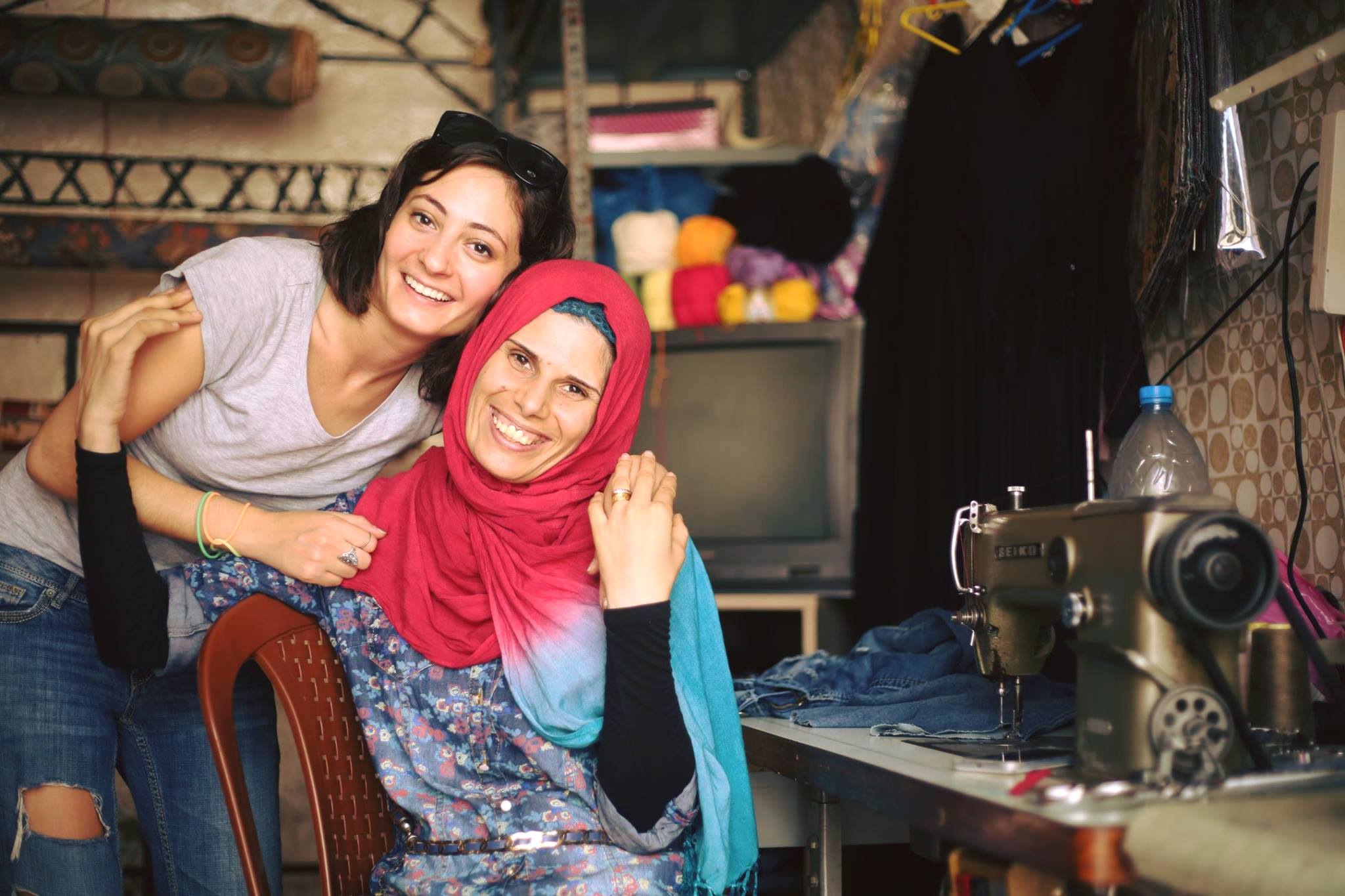
– Dana Kandalaft
To learn more visit https://www.tightknitsyria.com/

